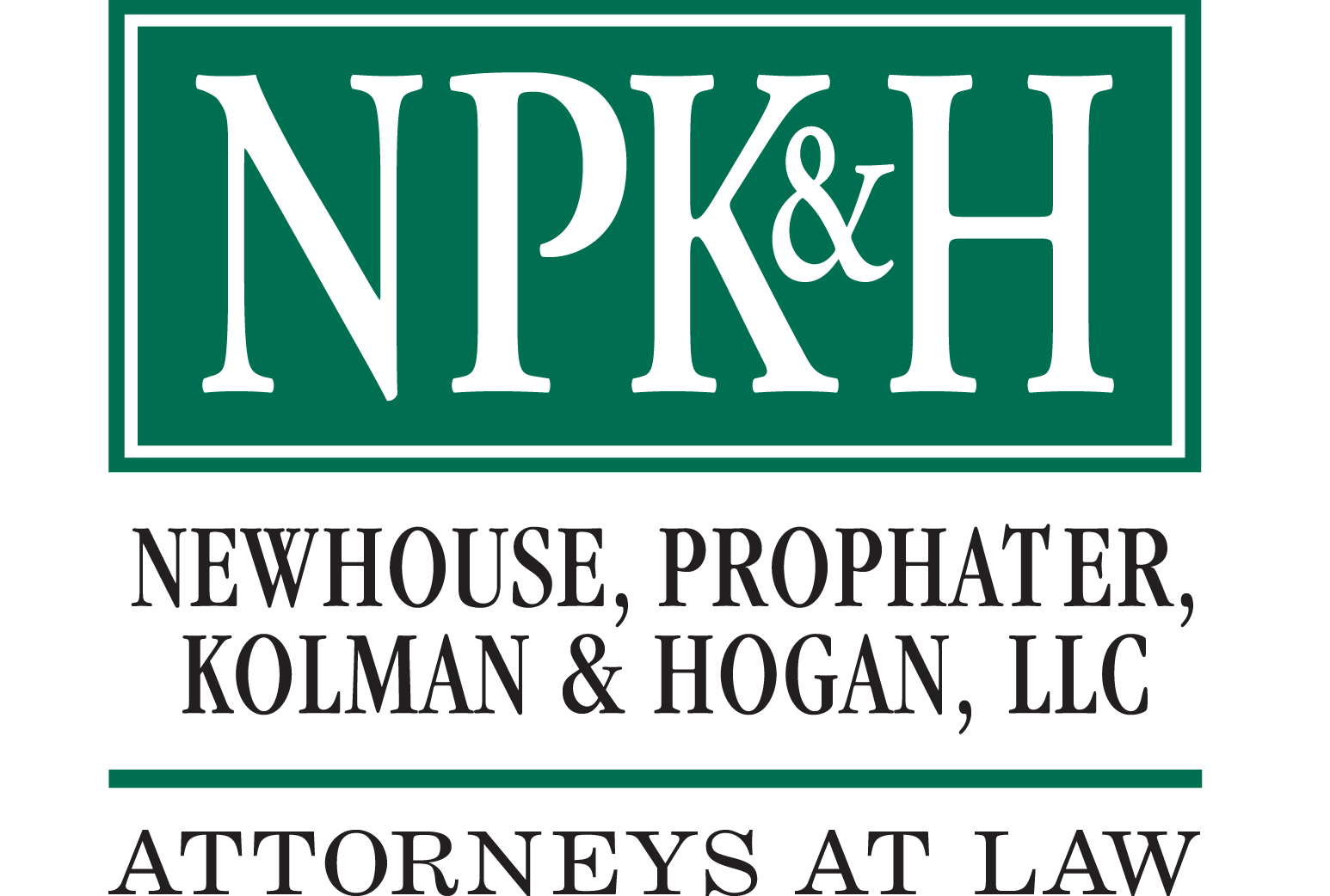Articles
LEGAL CONSIDERATIONS FOR RECRUITING, RETAINING AND COMPLYING
Presentation to The Entrepreneurship Institute
February 20, 2008
by:
D. Wesley Newhouse
Newhouse, Prophater, Kolman & Hogan, LLC
Tel: (614) 255-5441
I. RECRUITING.
A. CAN-SPAM Act of 2003
The Controlling the Assault of Non-Solicited Pornography and
Marketing Act of 2003, 15 U.S.C. Sections 770-713, restricts the
mass broadcast of unsolicited e-mail messages, requires that such
messages used for marketing purposes be labeled as advertising,
prohibits the use of false or misleading information in such
messages, and requires that recipients be permitted to opt out of
the receipt of unsolicited e-mail messages.An employer who broadcasts e-mail messages to recruit may
violate this statute if the prospect’s current employer has posted
terms of use of its computer system which prohibit unsolicited
email messages. Also, the failure to identify the sender, label the
solicitation as an advertisement, or provide the recipient with
information as to how he can opt out of receiving future
solicitations can also be violations of the act. See The Dangers
of E-Mail Recruiting, Theodore A. Olsen, The Labor Lawyer, Fall
2007.B. Ohio CAN-SPAM Act.
Ohio has a statute that is very much like the federal law. This
would apply to employers who do not recruit outside of Ohio. See
Ohio Revised Code Section 2307.64.C. Background Checks.
Employers who have outside firms conduct background checks on
applicants must comply with the Fair Credit Reporting Act, 15
U.S.C. Sections 1681 et. seq. This law restricts the use of such
information to employment related purposes, requires that
background reports be treated as confidential, and requires that
disposal of such reports be done in a manner to assure that
unauthorized parties cannot obtain them.
II. RETAINING.
A. Rewarding Merit.
Employers want to cultivate and encourage those employees who
are the best performers. Discrimination, however, is a comparative
claim. That is, the person who claims discrimination compares
himself or herself to someone else who has been treated
differently. How does an employer reward and retain the best
performers while avoiding claims of discrimination?
- Explicit performance standards.
- Documented appraisal of job performance.
- Documented counseling and discipline regarding poor
performance or behavior.- Consistent treatment of similar performers.
- Current policies, currently communicated.
B. Leave Policies and Flexible Schedules.
The EEOC issued an enforcement guidance document in May,
2007 addressing discrimination against caregivers. Among the
issues identified in the document was lack of flexibility in
dealing with work/family conflicts. The guidance also notes that many
women who have families encounter the “maternal wall” when
they attempt to advance in their careers.Laws governing leave include the Family and Medical Leave Act,
the Pregnancy Discrimination Act, and Ohio Civil Rights
Commission regulations which require that an employer give
pregnant employees “reasonable” time off for pregnancy and
childbirth. The FMLA was recently amended to address the needs
of employees who have family members in the military and who
must take time off for the transition of family members to and from
active duty, and for the care of family members injured while on
active duty.Retention of employees who need time to care for themselves
and their families requires:
- Express, current policies addressing leave.
- Willingness to accommodate special needs through flexible
work hours and telecommuting.- Proactive efforts to identify the reasons for time off, and an
inclusive, interactive process leading to agreement.
III. COMPLYING.
A. “You Can Pay Me Now, or You Can Pay Me Later,” The
Importance of Getting Help.
Litigation is the black hole of legal practice. If you are the
subject of an employment claim, you will spend large sums of money and
resources, and will suffer great stress. Getting regular, competent
advice from an experienced human resource professional or
employment attorney is, in the long run, much less expensive
than suffering through a lawsuit.B. Current Policies.
Every month, the laws governing the employment relationship
change in some way. While not every change will affect every
employer, it is prudent for an employer to have a professionally
prepared employment policy handbook, and to update the
handbook once each year.C. Best Practices and Training.
Some employment laws are counterintuitive. Some are very
complex. There is a constant need to undergo training to identify
new requirements and to implement best practices.D. Institutional Memory.
Consistent treatment is one means to avoid allegations of
discrimination. Because most employers experience turnover, it
is difficult to maintain institutional memory. Documentation of
employment practices not only aids the employer in justifying
specific decisions, it adds to the institutional memory in a manner
that allows current managers to retrieve information about how
similar situations were handled in the past.
